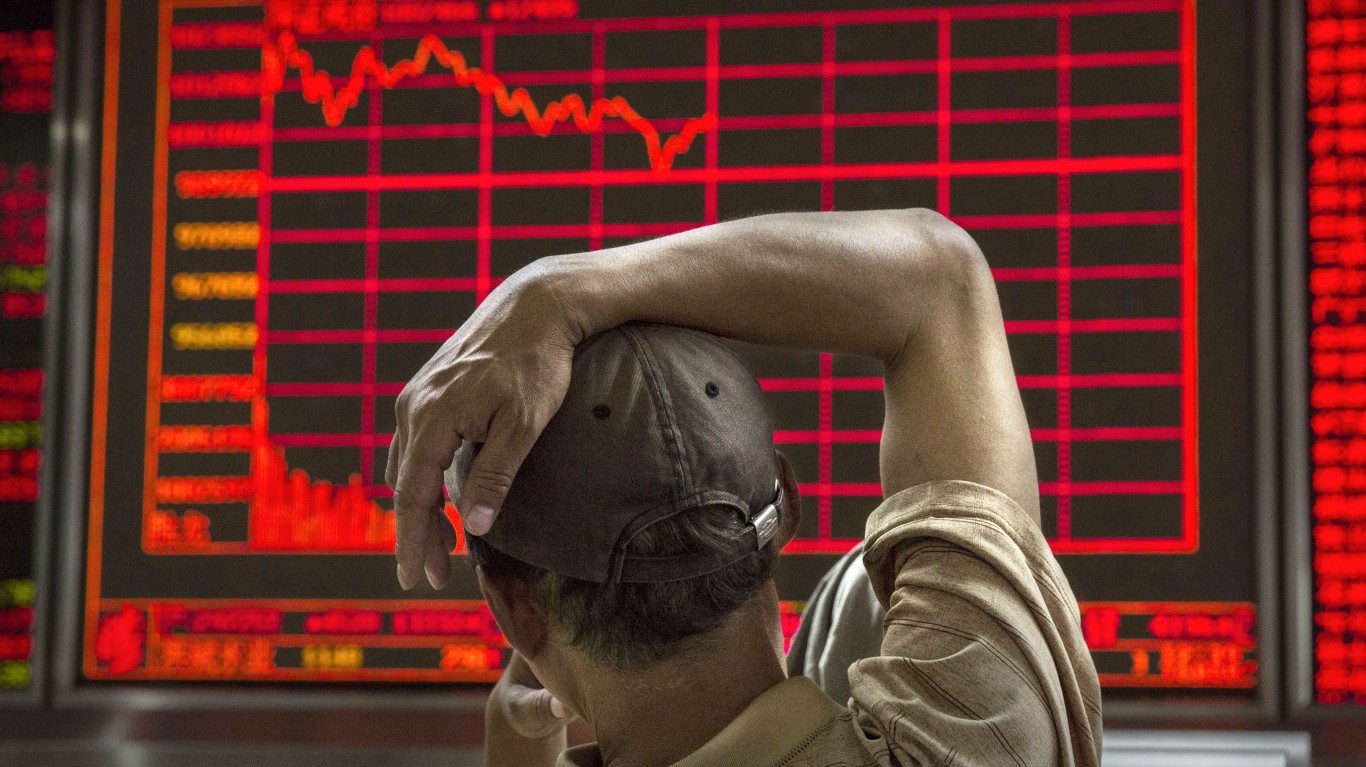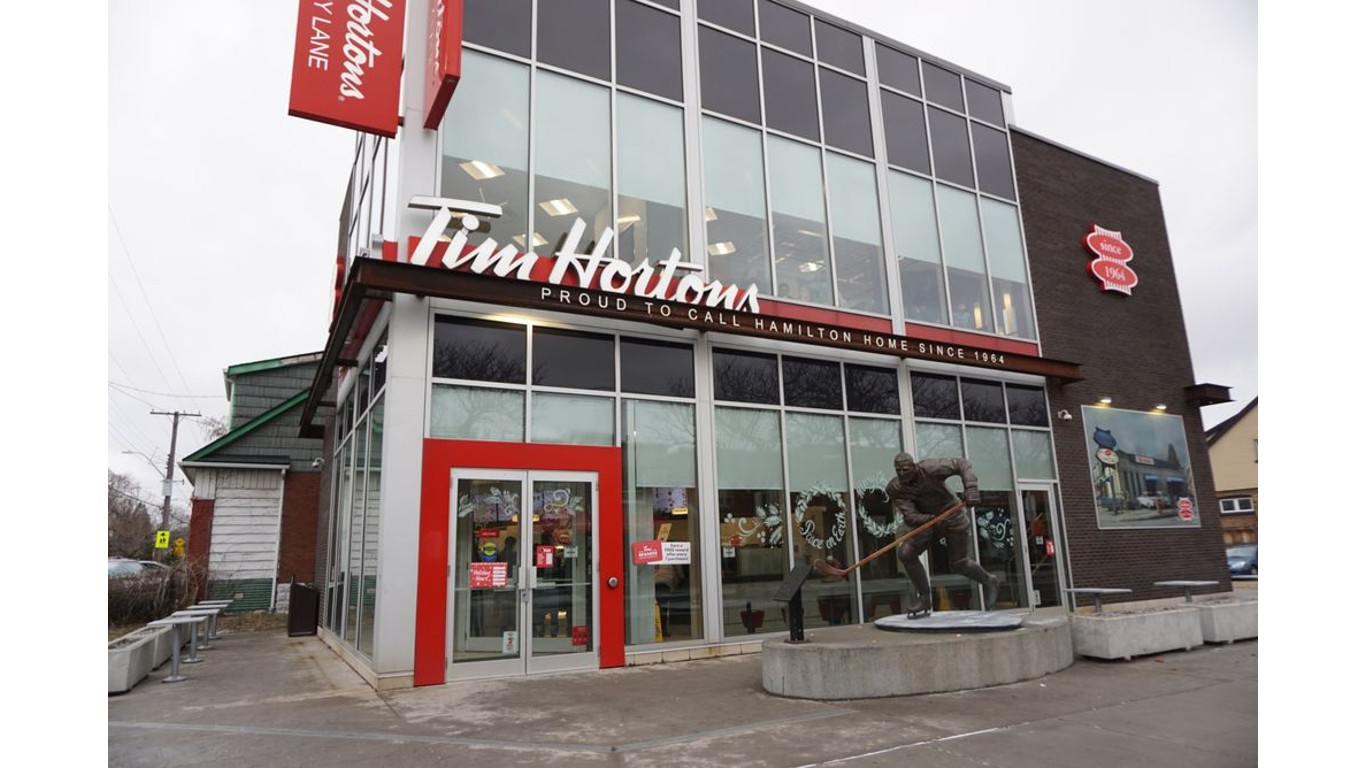Investing
The Market May Be Overvalued, But These 3 Value Picks Are Ready To Boom

Published:

The concept of value stocks are easy to understand. In definition, value stocks are stocks that trade below their intrinsic value. Easy enough – that’s what most investors are seeking, after all. However, many investors can view value stocks differently, with some viewing the names on this list as value traps for various reasons. Maybe it’s slower growth than competitors, or a declining market, but there’s usually a reason for a company to trade at a low valuation.
Accordingly, when investing in value stocks, it’s important to try to come up with some sort of intrinsic value metric. Value investors are always on the look out for undervalued stocks, looking for big wins when the market re-prices otherwise misplaced securities. After all, mispricing is often what creates buying opportunities.
These three stocks I will be highlighting in this article appear to be overvalued for some, but these are well-positioned to surge and grow more. Wise investors should grab the following stocks and add them in their portfolio for a more market crash-proof holding.

Fast food chain giant and owner of popular banners Popeyes, Burger King, and Tim Hortons, Restaurant Brands (NYSE:QSR) is first on the list of top value stocks to consider right now. The company has proven itself to be resilient in times of market downturns, especially now that consumer spending has deteriorated. We all need to eat, and for those looking to dine out in recessionary times, those cheap meal deals will likely become a lot more attractive. Fewer steakhouses and more burgers – it’s an easy thesis for investors to grasp.
Restaurant Brands is ubiquitous with its current banners, but has aggressively been pursuing growth. The company has recently added Firehouse Subs in 2021, and is looking to expand its footprint globally in key growth markets such as Asia. These recent acquisitions and store openings have helped the company increase revenues by $301 million in Q1 2024.
Restaurant brands also recently bought Carrols Restaurant Group for $1 billion. It plans to overhaul all 600 locations for $500 million. The company reported 4.6% year-over-year growth in consolidated sales of Q1 2024, some of which can be tied to these deals.
Currently, QSR stock stands out among its rivals due to its resilient performance and attractive portfolio. This has shown the market that Restaurant Brands is stable and can handle market downturns effectively. The company also did exceptionally good during the pandemic despite most markets crashing, shifting its focus on enhancing online order process. This helped the stock surge 25% between 2020 and 2021.
Moreover, Restaurant Brands saw an impressive increase in operating cash flow, reaching $148 million. The company declared a $0.58 quarterly dividend distribution, maintaining its payout. This puts Restaurant Brands’ dividend yield at 3.26%, and consistently increasing dividends through the years makes QSR a top dividend pick as well.

In July, Bristol Myers Squibb (NYSE:BMY) reported its Q2 2024 earnings and revenue and exceeded estimates. The company also revised its guidance for FY 2024, increasing its revenue and EPS guidance. The company’s new guidance for earnings per share between $0.60 and $0.90 is up from its former estimate at $0.40 to $0.70. Unsurprisingly, shares surged 8% the same day as the report was released.
Moreover, the company announced to cut $1.5 billion costs by next year. Initiatives such as announcing layoffs, program reductions, and site consolidations are likely to continue. For Q2 2024, Bristol Myers Squibb also announced EPS of $2.07, surpassing the consensus estimate of $1.63. Revenue reached $12.2 billion, a 9% increase.
In other positive news, Bristol Myers’ Revlimid revenue exceeded estimates, despite tight competition. The company must launch new drugs to counter revenue losses from Revlimid and other key drugs like Eliquis and Opdivo. Sales in Eliquis may decline in 2026 due to new Medicare pricing. To add, Evotec SE sees a $25 million payment from Bristol to advance their strategic neuroscience collaboration. This move aims to create treatments for neurodegenertauve disease, benefitting both companies.

Another top stock to pick if you’re looking for growth through dividends is British American Tobacco (NYSE:BTI) The company offers a 10% yield, attracting income-oriented investors. The company is known for its diverse tobacco products that have adapted to smoking market downturns and shifts. Its “New Categories” segment saw profitability last year, surpassing market estimates and drove new revenue streams.
Moreover, the company saw a £3.2 billion operating cash flow together with a £2.1 billion in free cash flow six months in 2024. However, British American Tobacco also paid £2.6 billion in dividends, exceeding its total cash flow. Regardless, the company expects a £40 billion in free cash flow until 2028 to cover the paid dividends.
Thriving during market downturns (folks tend to smoke more when they’re more stressed), British American Tobacco remains a resilient company to invest in. The company has delivered 20% return to its shareholders over the past two years. The vaping trend also helped British American Tobacco to stay relevant in the industry. With strong profit margins, low capital requirements, and minimal R&D costs, British American Tobacco could soar much, much higher from here.
Credit card companies are pulling out all the stops, with the issuers are offering insane travel rewards and perks.
We’re talking huge sign-up bonuses, points on every purchase, and benefits like lounge access, travel credits, and free hotel nights. For travelers, these rewards can add up to thousands of dollars in flights, upgrades, and luxury experiences every year.
It’s like getting paid to travel — and it’s available to qualified borrowers who know where to look.
We’ve rounded up some of the best travel credit cards on the market. Click here to see the list. Don’t miss these offers — they won’t be this good forever.
Thank you for reading! Have some feedback for us?
Contact the 24/7 Wall St. editorial team.